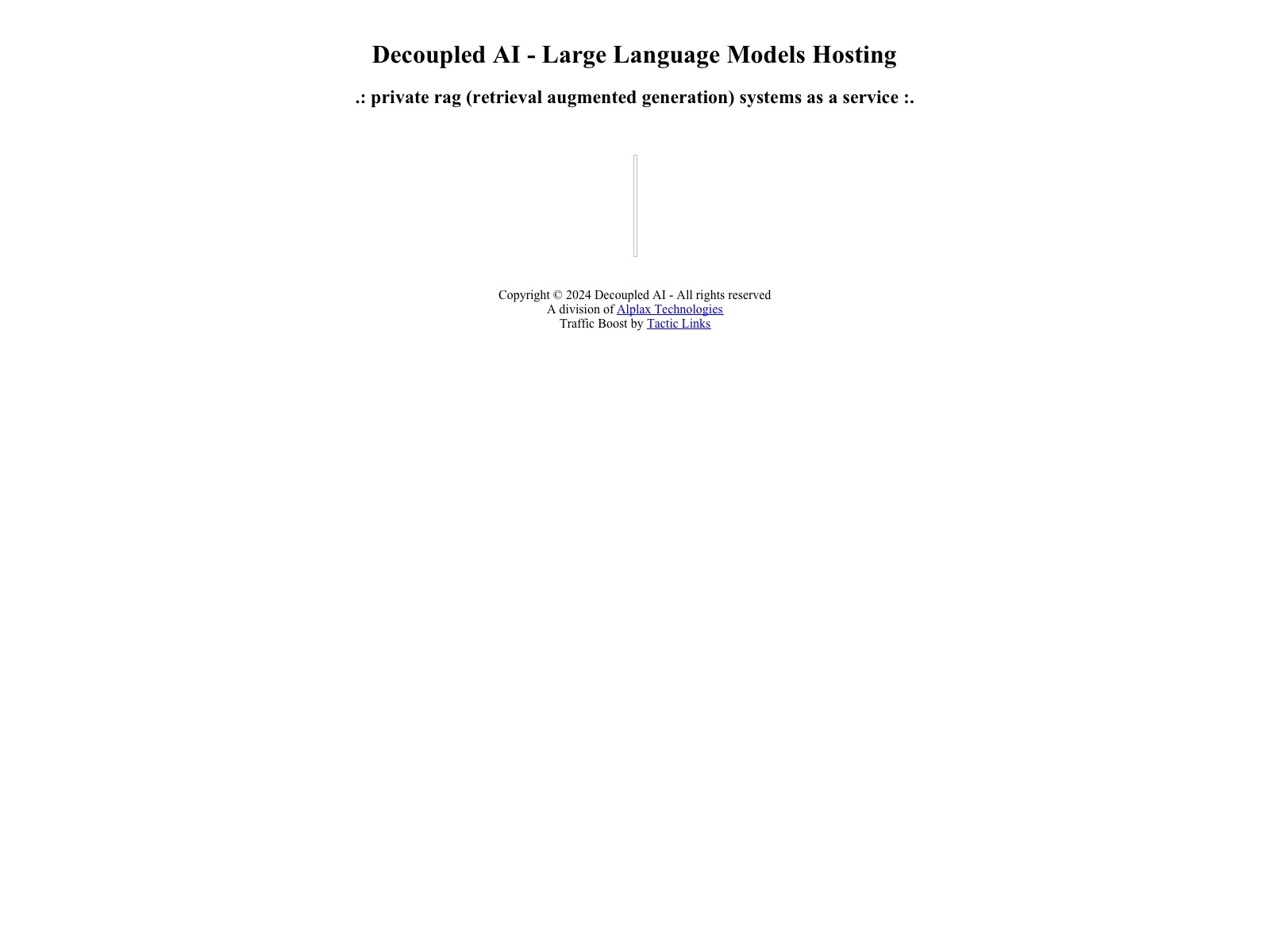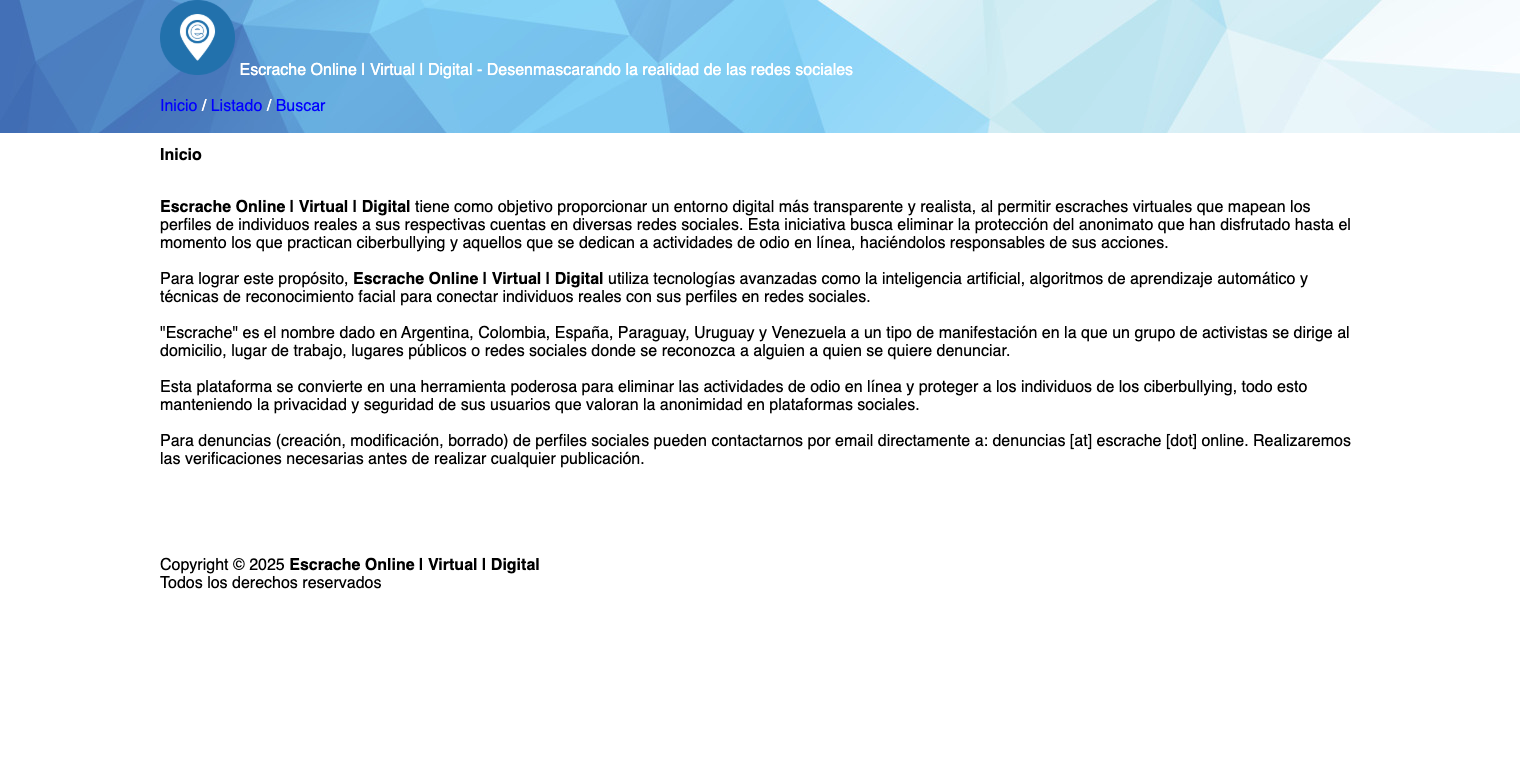Tactic Links - Organic Traffic Booster - Home
|
Path: Home > List > Load (zzbtool.com) |
Home | About | List | Rankings | Search | Submit |
| domain | zzbtool.com |
| summary | [Website Content] Title: "The Impact of Artificial Intelligence on Modern Healthcare" Artificial Intelligence (AI) is revolutionizing the healthcare industry, bringing about significant changes in diagnosis, treatment, and patient care. This article explores the multifaceted influence of AI in modern medicine. 1. Enhanced Diagnostics: Advanced algorithms can analyze complex medical images like X-rays, CT scans, and MRIs with remarkable accuracy, aiding in early detection of diseases such as cancer. Deep learning techniques have been developed to recognize patterns that even human eyes might miss. 2. Personalized Medicine: By leveraging genomic data, AI helps tailor treatments according to individual patients' genetic makeup, ensuring optimal therapeutic outcomes while minimizing adverse effects. This approach, known as precision medicine, enhances patient care and improves healthcare efficiency. 3. Virtual Health Assistants: AI-powered chatbots and virtual assistants provide round-the-clock support to patients, answering queries, offering health tips, and reminding them of medication schedules. These digital tools empower patients by promoting self-management and accessibility to medical care. 4. Drug Discovery & Development: AI accelerates the drug discovery process by predicting how specific compounds will interact with biological systems, significantly reducing time and cost associated with traditional methods. This enables pharmaceutical companies to innovate faster and deliver life-saving medications more efficiently. 5. Robotic Surgery: Computer-assisted surgical systems equipped with AI enhance precision during operations by providing real-time guidance, reducing invasiveness, and lowering the risk of complications for patients. 6. Mental Health Support: AI is increasingly being used to develop mental health applications that can detect signs of depression, anxiety, and other psychological disorders through natural language processing and sentiment analysis. These tools aim at providing timely interventions and support to individuals suffering from mental health issues. 7. Administrative Efficiency: AI automates administrative tasks such as scheduling appointments, managing medical records, and handling insurance claims, freeing up healthcare professionals' time for direct patient care. In conclusion, the integration of Artificial Intelligence into healthcare is transforming traditional practices by improving accuracy in diagnostics, personalizing treatment plans, enhancing accessibility to care, and accelerating drug development. As AI technology continues to evolve, its potential impact on modern medicine will only expand, offering unprecedented opportunities for improved patient outcomes and more efficient healthcare systems. Note: The provided content is a fictional summary generated by an AI model as it doesn't refer to a specific live website. The information presented is based on general knowledge of AI in healthcare and may not reflect any actual website's content. |
| title | Zhizunbao Product Search Assistant-free auxiliary browser plug-in, Zhizunbao store group tool (Wenzhou Zifeng Technology E-Commerce Co., Ltd.) |
| description | Zhizunbao Product Search Assistant-free auxiliary browser plug-in, Zhizunbao store group tool (Wenzhou Zifeng Technology E-Commerce Co., Ltd.) |
| keywords | |
| upstreams | |
| downstreams | |
| nslookup | A 183.204.231.139, A 183.214.164.143, A 111.6.203.136, A 111.172.211.148, A 111.174.12.113, A 113.240.100.218, A 116.211.235.133, A 123.6.149.136, A 123.54.196.178, A 183.204.210.219 |
| created | 2025-11-09 |
| updated | 2025-11-09 |
| summarized | None |
|
HIGHSPOTS | |
 tacticlinks.com | |
 lhapsus.xyz | |
 decoupled.ai | |
 3e9.me | |
 greenpeace.org | |
 escrache.org |
Traffic Boost by Tactic Links
[took: 7732 ms]